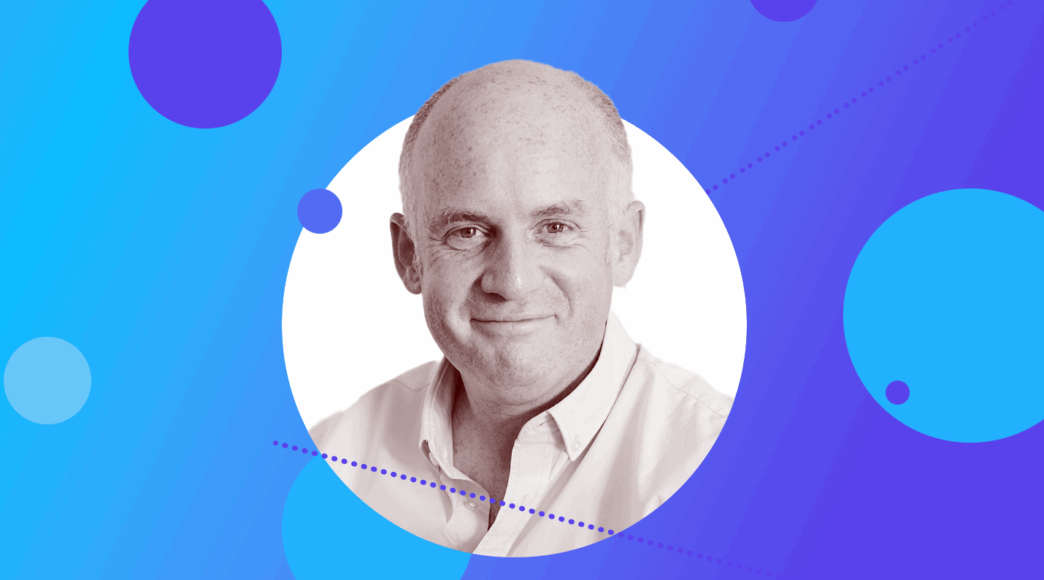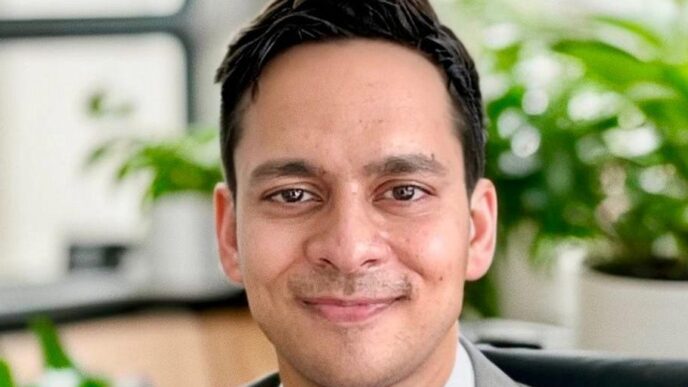Oliver Burkeman pushes back on AI productivity hype and automation dreams
Oliver Burkeman, author of Meditations for Mortals, recently joined the Behavioral Design Podcast to cut through the noise on AI and productivity. He warns AI’s efficiency gains don’t mean more free time — just more work.
Burkeman calls this the “efficiency trap.” Faster email replies don’t mean less email, just more. AI medical scribes seem like a relief for physician burnout, but freed-up time just leads doctors to see more patients, not less.
He highlights a growing issue called “automation drift”—where writers and coders use AI to speed up tasks but end up doing only editing or debugging, losing the parts they loved most.
Burkeman also stresses the value of human creativity and connection. AI may match technical skill but lacks the conscious sensibility behind art and literature. He says if you found out a podcast or book was AI-generated with no human behind it, something important would be lost.
Oliver Burkeman stated:
What gives a novel written by a human its value is not that it reached a certain level of technical skill that an AI could surely emulate, but that it was written by a conscious, emoting sensibility.
Information overload worsens with AI, not improves, says Burkeman. Better filters only give you bigger piles of “needles.” His advice: think of your reading pile as a river, not a bucket. Pick what’s interesting, let the rest flow by.
Burkeman admits AI summaries have a place, especially for research articles where the goal is knowing results, not enjoyment. But the tools don’t judge quality or methods, risking loss of critical thinking.
On balancing living for now versus planning for the future, Burkeman urges not to punish your present self for future goals. He argues for a peaceful, active life that embraces limits rather than chasing impossible productivity or laziness.
Oliver Burkeman stated:
If you think more deeply about our limitations, our finitude, and you let it sink under your skin a bit, it’s relaxing and empowering at once.
We need to make sure that the ways in which we are taking care of our future selves don’t become forms of punishment that vacate meaning from our present selves.
Burkeman’s most controversial take? People claiming to know exactly what the AI future will bring are just coping with uncertainty. Nobody really has a clue what’s coming next.
The full conversation is available on the Behavioral Design Podcast.














